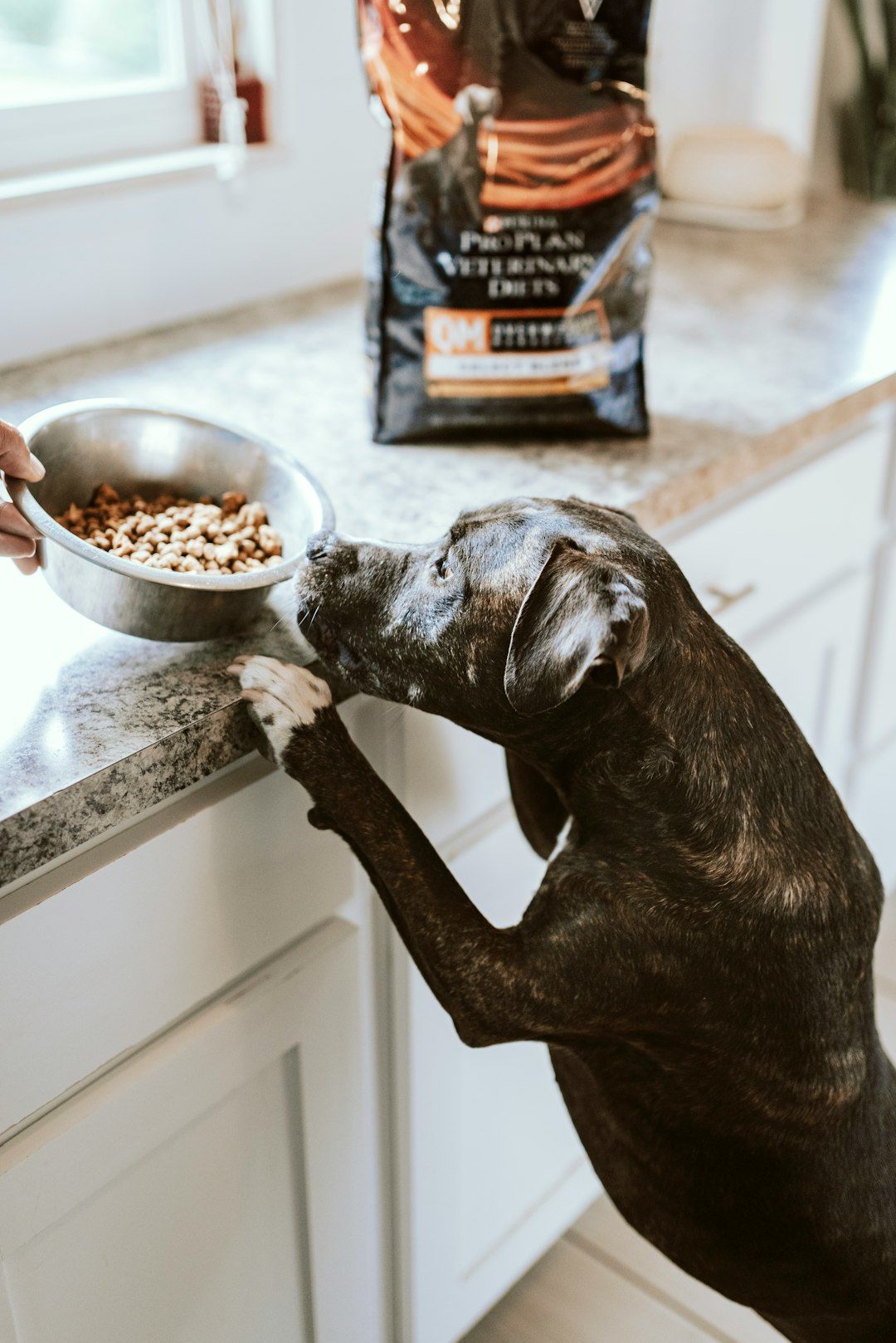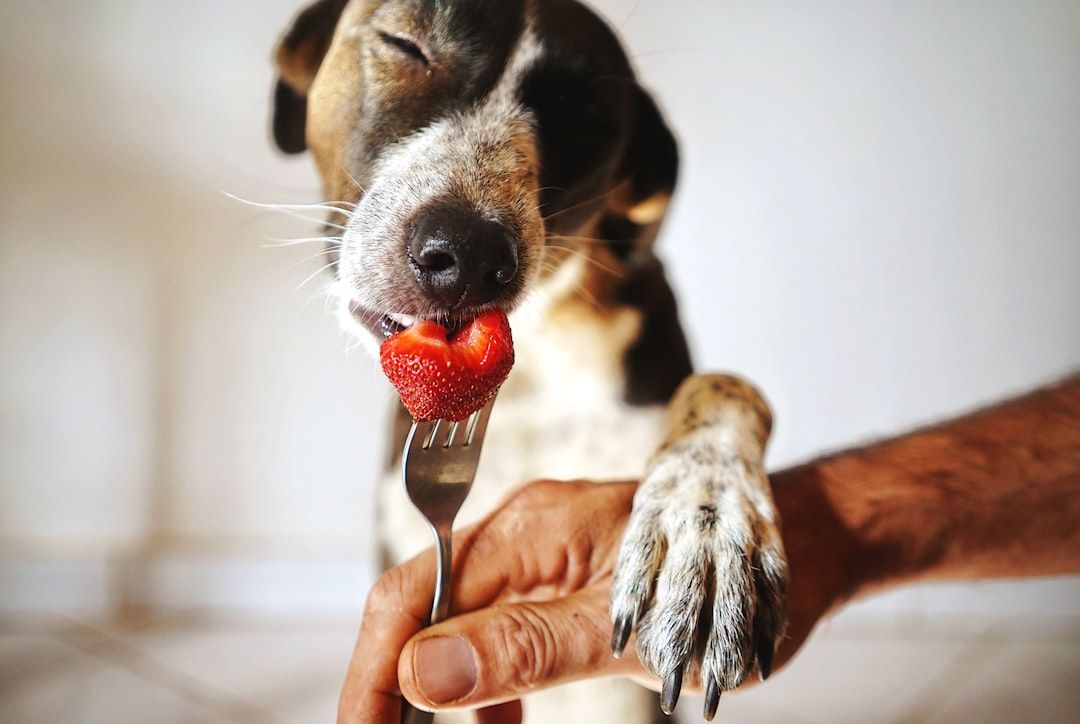Discover the Top 10 New Healthy Foods for Your Dog
As a responsible dog owner, you want to ensure your furry friend is getting the best nutrition possible. With so many options available, it can be overwhelming to choose the right food for your dog. In this post, we will explore the top 10 new healthy foods that you can incorporate into your dog’s diet for optimal health and well-being.

1. Bone Broth
Bone broth is a nutrient-dense liquid made from simmering animal bones and connective tissues. It is rich in minerals, vitamins, and amino acids that can help improve your dog’s joint health, digestion, and immune system. Simply add a few tablespoons of bone broth to your dog’s regular food or serve as a standalone treat.
2. Quinoa
Quinoa is a gluten-free grain that is high in protein, fiber, and essential amino acids. It is a great alternative to traditional grains like rice and can be easily added to your dog’s meal for an extra boost of nutrition. Make sure to cook quinoa thoroughly before serving it to your dog.

3. Coconut Oil
Coconut oil is a healthy fat that can benefit your dog’s skin, coat, and overall health. It contains medium-chain triglycerides (MCTs), which can help improve brain function and provide a quick source of energy. Simply add a teaspoon of coconut oil to your dog’s food or use it as a topical treatment for dry skin and minor skin irritations.
4. Blueberries
Blueberries are a superfood packed with antioxidants, vitamins, and minerals that can help support your dog’s immune system and overall health. They make a great low-calorie treat and can be easily added to your dog’s food or served as a standalone snack. Just be sure to limit the portion size, as too many blueberries can cause digestive upset.

5. Chia Seeds
Chia seeds are a nutritional powerhouse, providing omega-3 fatty acids, fiber, and essential minerals like calcium and phosphorus. They can help support your dog’s skin and coat health, as well as aid in digestion. Simply mix a teaspoon of chia seeds into your dog’s food or soak them in water to create a gel-like consistency before serving.
6. Sweet Potatoes
Sweet potatoes are an excellent source of dietary fiber, vitamins, and minerals that can help support your dog’s digestive health and immune system. They are also low in fat and can be a great addition to your dog’s diet if they need to lose weight. Be sure to cook sweet potatoes thoroughly and avoid adding any seasonings or sugar before serving.

7. Pumpkin
Pumpkin is a nutrient-dense food that is high in fiber, vitamins, and minerals. It can help support your dog’s digestive health and can be especially beneficial for dogs with sensitive stomachs. Simply add a few tablespoons of canned pumpkin (make sure it’s pure pumpkin, not pumpkin pie filling) to your dog’s food or serve as a standalone treat.
8. Spinach
Spinach is a leafy green vegetable that is rich in vitamins, minerals, and antioxidants. It can help support your dog’s immune system and overall health. However, it’s important to serve spinach in moderation, as too much can cause digestive upset and interfere with calcium absorption. Lightly steam spinach before serving it to your dog to make it easier to digest.

9. Sardines
Sardines are small, oily fish that are packed with omega-3 fatty acids, protein, and essential vitamins and minerals. They can help support your dog’s heart health, skin and coat, and immune system. Be sure to choose sardines packed in water, not oil, and serve them as an occasional treat or mix them into your dog’s regular food.
10. Kefir
Kefir is a fermented milk product that is rich in probiotics, which can help support your dog’s digestive health and immune system. It is also a good source of calcium, protein, and essential vitamins. Simply add a few tablespoons of kefir to your dog’s food or serve as a standalone treat. Be sure to choose plain, unsweetened kefir and avoid any flavored varieties.
In conclusion, incorporating these top 10 new healthy foods into your dog’s diet can help support their overall health and well-being. Always consult with your veterinarian before making any significant changes to your dog’s diet and be sure to introduce new foods gradually to avoid digestive upset.
